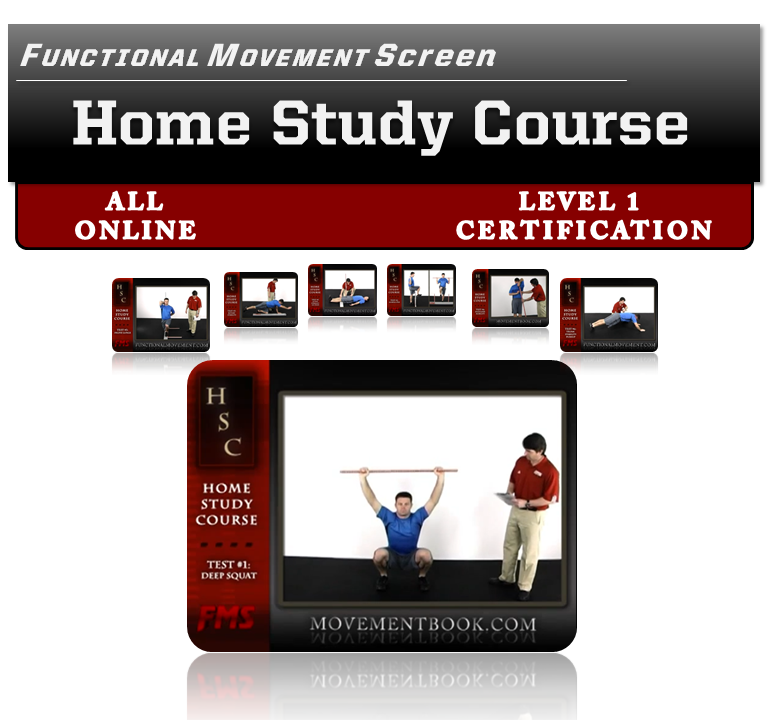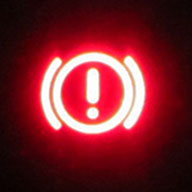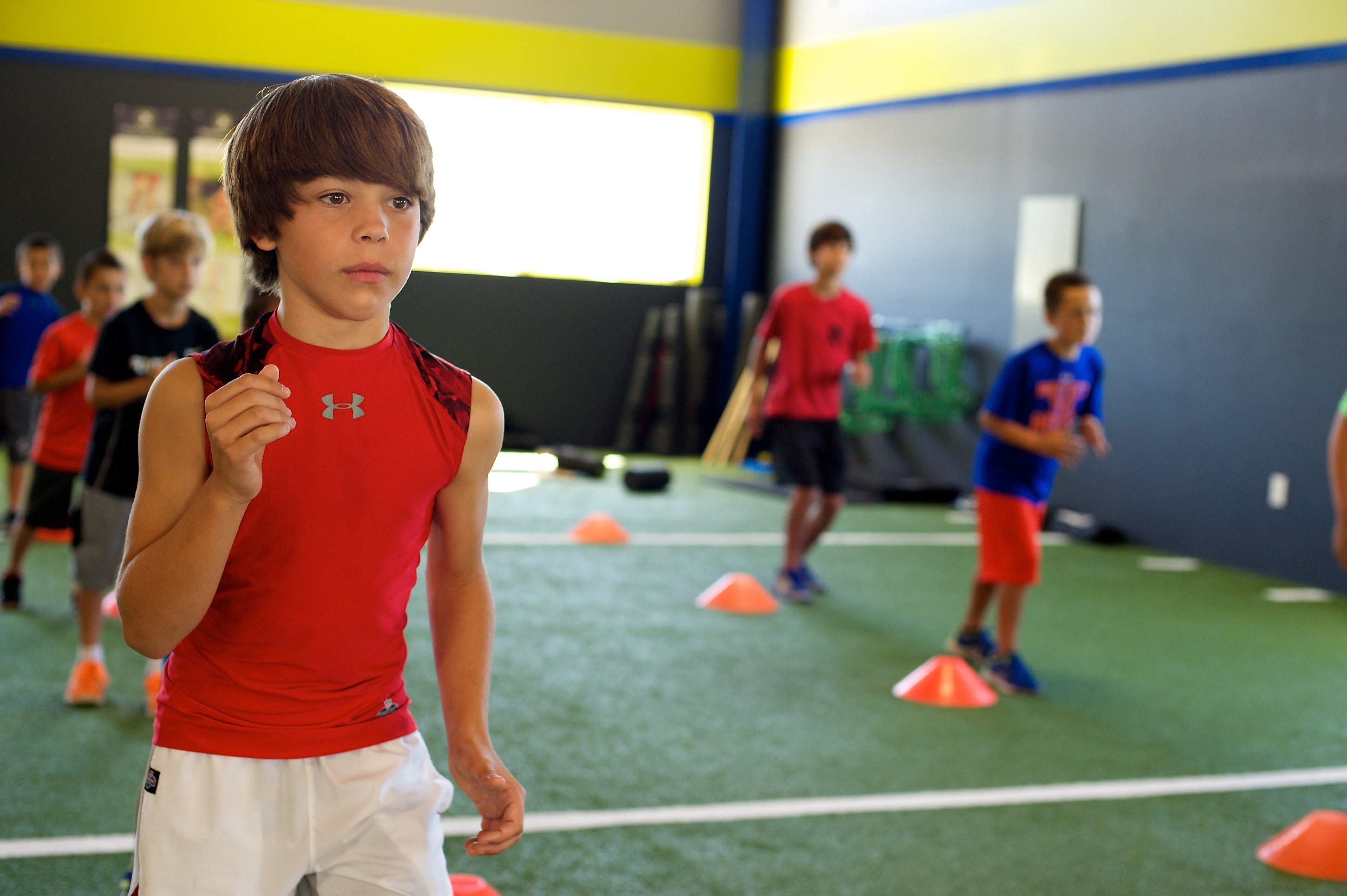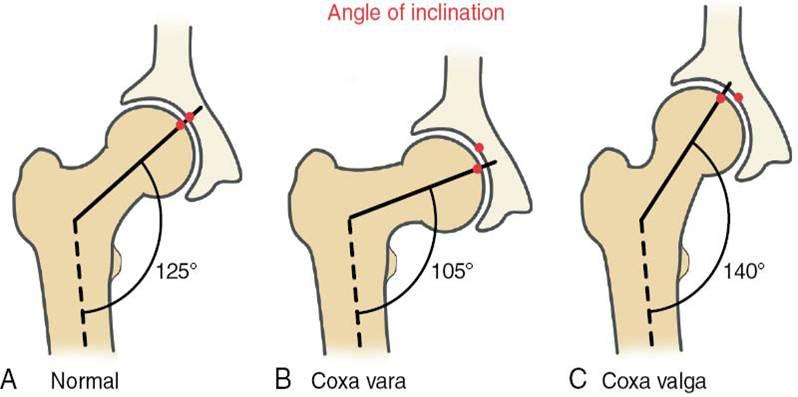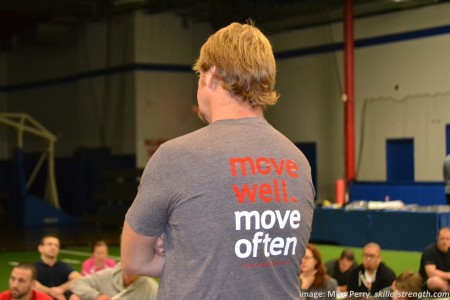The Timeless Pattern
Written by Gray Cook FMS
We train patterns, not parts.
Yoga, martial arts, kettlebells, dance, gymnastics and the wide array of natural movements caused by our environment are all brought to being through patterns, not by parts. The parts of the body and the structure of the body submit themselves to the will of the pattern.
Patterns that exploit opportunities to deal with force result in stronger parts. Patterns that rely on quick reaction time create parts that respond in an instant. Patterns that create flexibility yield parts that are extensible. In all of the situations that are real in life, we develop better patterns, and the parts respond.

The essence of ‘functional exercise’ is that the exercise carries over into numerous activities—activities that create fundamental foundations, which support more specific skills. These things are so important that they must have markers. Just like healthy brain waves have markers, healthy blood pressure has markers and healthy body composition has markers, shouldn’t healthy movement patterns have markers?
The Functional Movement Screen (FMS) is a test built on the layers of fundamental and functional movement that create markers to give feedback about movement pattern quality. Activities like gymnastics, martial arts and yoga usually have the intense scrutiny of a mentor, coach or instructor. These moving art forms are highly qualitative. Much of modern exercise has become largely quantitative, therefore requiring a skilled coach and trainer to maintain quality in the presence and pursuit of quantity.
Western culture focuses on the quantity of movement and neglects the quality of movement. Finding balance will create a more holistic outcome. As we seek to train the quantities of strength, endurance, power and sports skills, let’s use something like a simple movement screen every four months to see if our pursuit of fitness also establishes function, and to see that our pursuit of quantities maintains a minimum standard of quality.
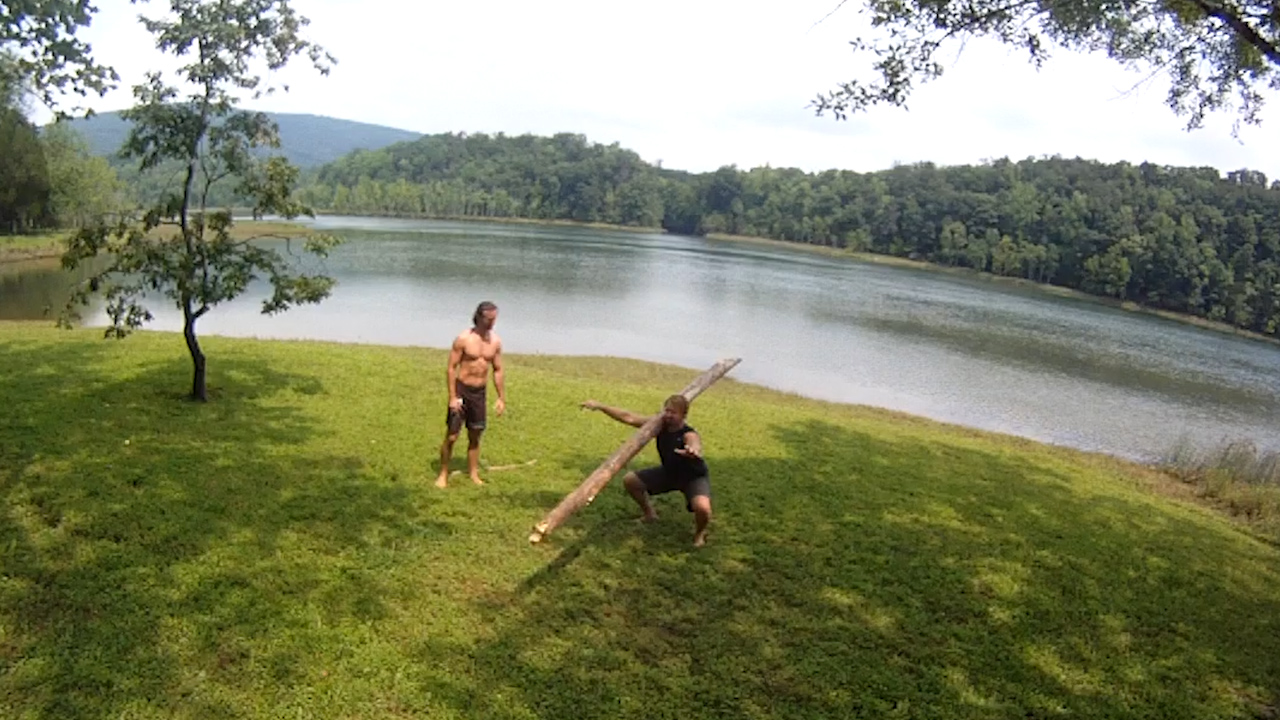
I’ve noticed two distinct qualities in the people having the greatest success using the Functional Movement Screen and the insight it provides into exercise program design:
1. They practice the technical skill of movement screening until it becomes nearly automatic.
2. They apply the principles of movement screening to themselves to manage their own movement quality.
These qualities demonstrate that it’s not enough to be a good practitioner. At a personal level, you must absolutely believe in what you do.
Action points to consider:
If the concept of movement screening just feels right to you, you can get certified in the Functional Movement Screen in a home-study course. Once you’ve done that, we invite you to look at our curriculum.
This curriculum involves the Movement book, FMS Level 2: Corrective and Functional Exercise Progressions and lecture videos on Applying the Model, Key Functional Exercises You Should Know and The Future of Exercise Program Design. As you learn the technical skill of Functional Movement Screening, you will develop your philosophy of functional movement and learn to use the systematic logic provided by the model of Functional Movement Systems.
If you’re a little skeptical and aren’t quite ready to take the step to become certified in the Functional Movement Screen, we still invite you to start with our curriculum and look at the logic behind the model. If you’d like to hear a lecture, watch the three videos I just mentioned. If you're a reader, get started with Movement.
Related Resources
-
Good Coaching
Posted by Brandon Bennett
Please login to leave a comment
1 Comments
-

Justin 12/18/2014 7:04:24 PM
"...to see if our pursuit of fitness also establishes function, and to see that our pursuit of quantities maintains a minimum standard of quality."
Well said. I try to convey this to so many clients in so many different ways when they ask if it is ok to continue to ride a stationary bike for 45 min or do 400 sit-ups in 40 different positions.
I also like the principal of "believing" in what you do. I completely agree. You can never truly understand the value of the screen unless you exercise and re-screen, don't exercise and re-screen, unexpectedly gain 10 pounds and re-screen, get the flu and recover and re-screen.... Life changes and so does the screen. Important that we personally own it to understand how it affects others.
Good stuff! Thanks again for the insight.

